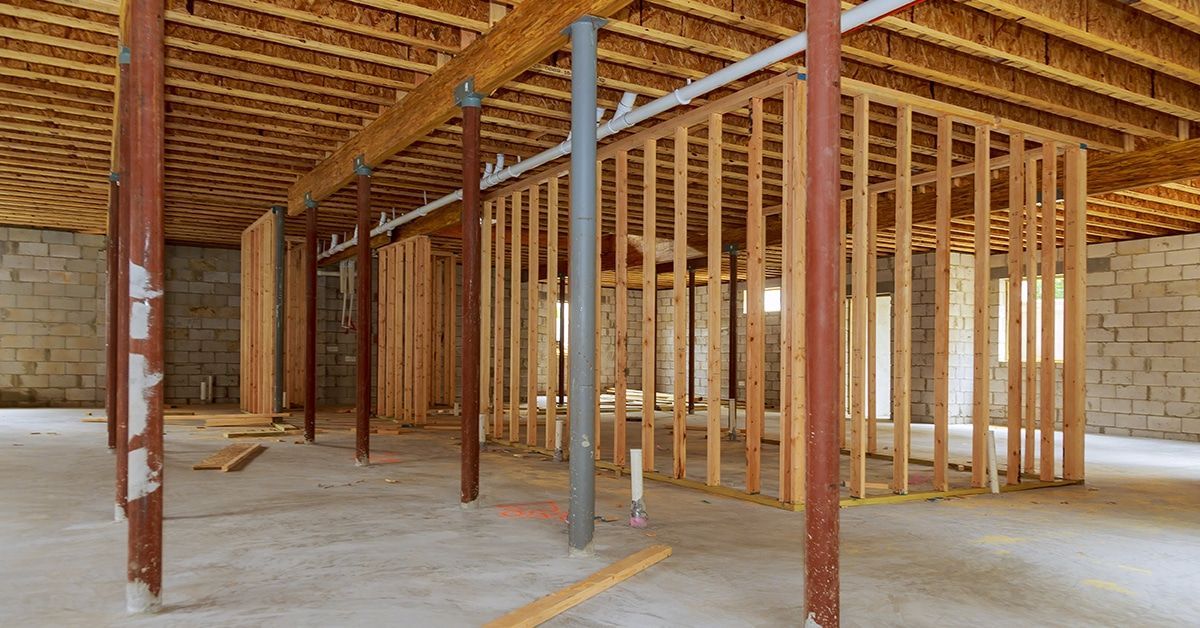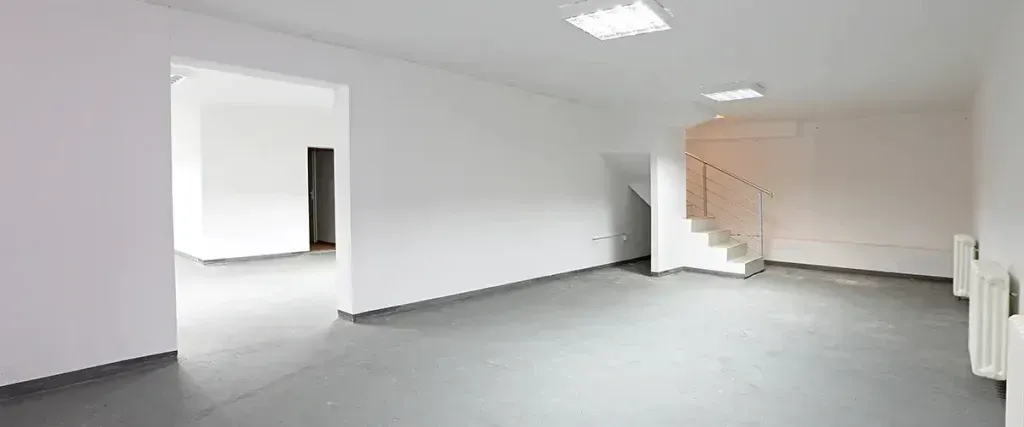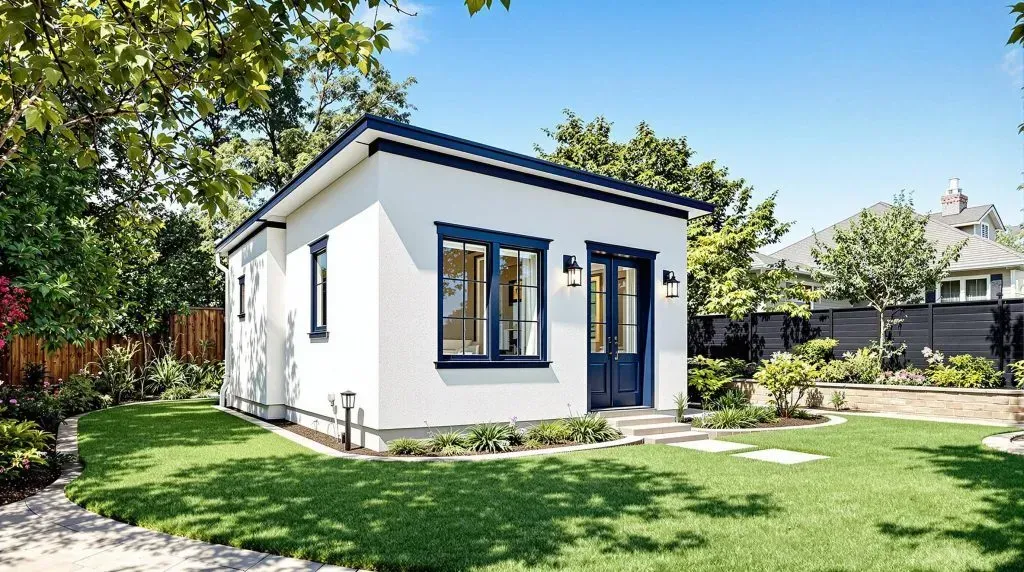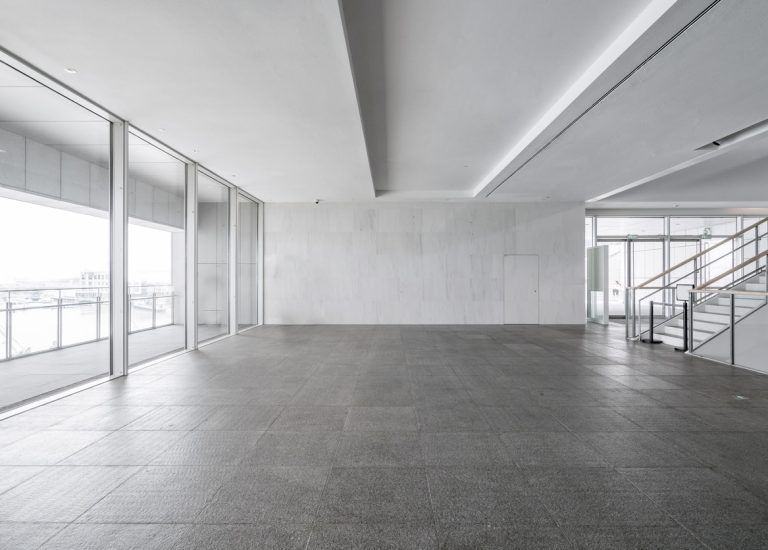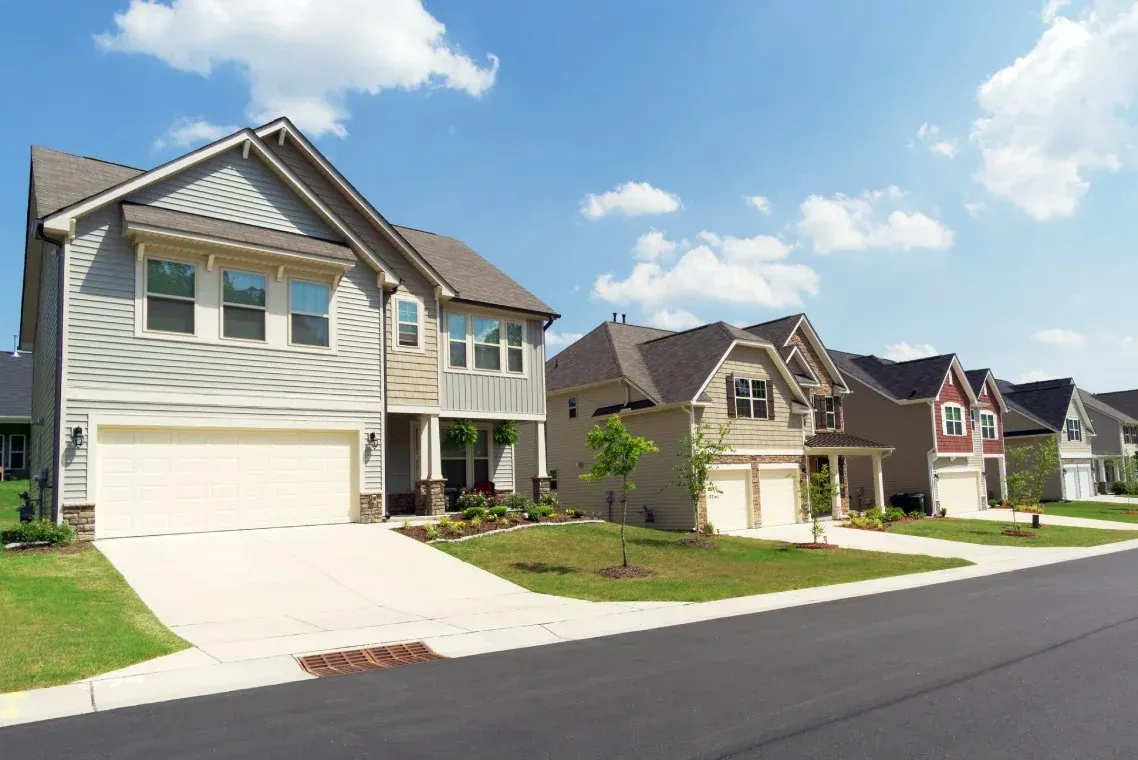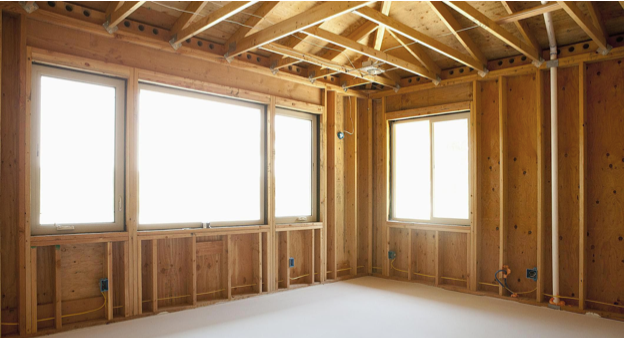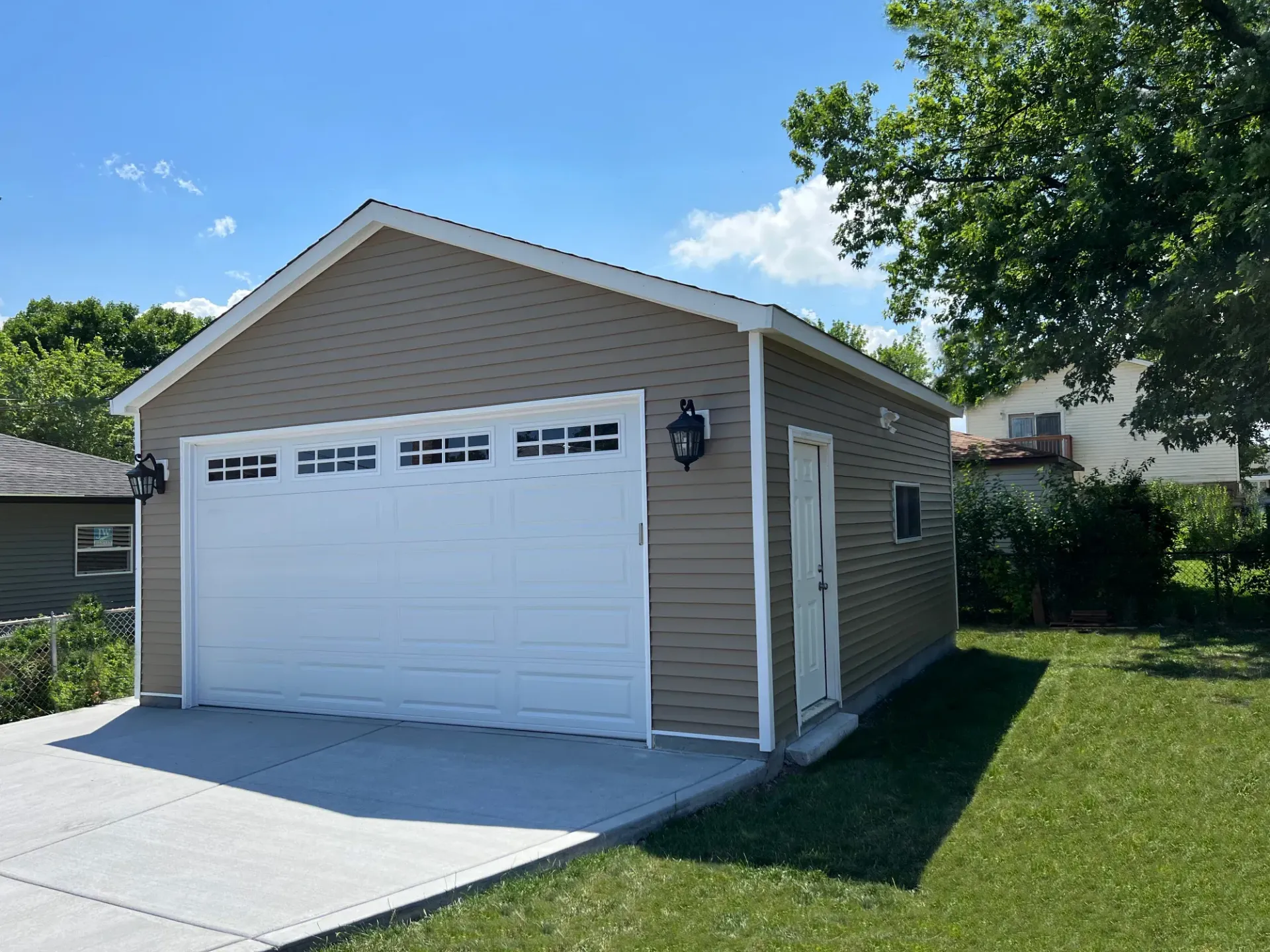How to Choose a Septic Installer in Rhode Island
Choosing the right septic installer in Rhode Island is crucial for ensuring your system meets state regulations, functions properly for decades, and protects both your property and the environment. Look for a licensed contractor with RIDEM certification, local experience, proper insurance, and positive references from Rhode Island homeowners.
Essential Qualifications for Rhode Island Septic Installers
RIDEM Licensing Requirements
Every septic installer in Rhode Island must have:
- Valid RIDEM Onsite Wastewater Treatment System (OWTS) license
- Current Rhode Island contractor's license
- Proper classification for septic system installation
- Up-to-date continuing education requirements
Insurance and Bonding
Verify your installer carries:
- General liability insurance ($1 million minimum recommended)
- Workers' compensation coverage
- Bonding for financial protection
- Equipment insurance for specialized machinery
Key Questions to Ask Rhode Island Septic Installers
Experience and Expertise
- How many septic systems have you installed in Rhode Island?
- Do you have experience with my specific soil type?
- Are you familiar with local regulations in my municipality?
- What types of systems do you specialize in?
Project Management
- Will you handle all permits and inspections?
- What's your typical timeline for installation?
- How do you handle unexpected site conditions?
- Do you provide warranty coverage?
Cost and Pricing
- Can you provide a detailed written estimate?
- What factors might affect the final cost?
- Are there any potential additional charges?
- What payment schedule do you require?
Rhode Island-Specific Considerations
Municipal Regulations
Different Rhode Island communities have varying requirements:
- Newport: Historic district restrictions and coastal regulations
- Westerly: Enhanced nitrogen removal near salt ponds
- Narragansett: Strict coastal buffer requirements
- Providence County: Urban density considerations
- South County: Sandy soil installation techniques
Environmental Compliance
Rhode Island septic installers must understand:
- Narragansett Bay watershed protection requirements
- Groundwater protection standards
- Coastal buffer zones and setback requirements
- Nitrogen reduction mandates near sensitive water bodies
Soil Conditions Expertise
Rhode Island's diverse geology requires installers experienced with:
- Sandy soils in coastal areas
- Clay soils in inland regions
- Rocky terrain in western Rhode Island
- High water table conditions
- Seasonal groundwater fluctuations
Red Flags to Avoid
Unlicensed Contractors
Never hire installers who:
- Cannot provide current RIDEM license numbers
- Offer to skip permit processes
- Quote significantly below market rates
- Lack proper insurance documentation
Poor Communication
Avoid contractors who:
- Provide vague or verbal-only estimates
- Cannot explain the installation process
- Don't return calls or emails promptly
- Pressure you to sign immediately
Inadequate Planning
Warning signs include:
- Skipping site evaluation
- Not discussing soil testing requirements
- Failing to explain system options
- Ignoring local environmental concerns
Evaluating Septic Installer Proposals
Comprehensive Estimates Should Include
- Detailed system specifications
- Permit and inspection fees
- Excavation and site preparation
- Material costs and brands
- Labor and equipment charges
- Cleanup and restoration
- Warranty terms
Comparing Proposals
Don't just compare bottom-line prices. Consider:
- System quality and longevity
- Installation timeline
- Warranty coverage
- Installer reputation
- Communication quality
Rhode Island Septic System Types and Installer Expertise
Conventional Systems
Most common in Rhode Island, requiring installers experienced with:
- Proper sizing for household needs
- Drain field design for local soils
- Setback requirements from wells and water bodies
Advanced Treatment Systems
Required in sensitive areas, needing specialists familiar with:
- Nitrogen-reducing technology
- Enhanced treatment units
- Monitoring and maintenance requirements
- Performance standards
Pump Systems
Necessary for challenging sites, requiring expertise in:
- Pump selection and sizing
- Electrical connections
- Alarm system installation
- Maintenance access
Verification Steps Before Hiring
License Verification
- Check RIDEM contractor database
- Verify current license status
- Confirm proper classifications
- Review any disciplinary actions
Reference Checks
Ask for and contact:
- Recent Rhode Island customers
- Local suppliers and vendors
- Municipal officials
- Better Business Bureau ratings
Insurance Verification
- Request current insurance certificates
- Verify coverage amounts
- Confirm policy expiration dates
- Check for any exclusions
Working with Your Chosen Installer
Pre-Installation
- Confirm all permits are obtained
- Review site preparation requirements
- Discuss timeline and weather contingencies
- Establish communication protocols
During Installation
- Maintain regular communication
- Document progress with photos
- Address concerns immediately
- Ensure compliance with approved plans
Post-Installation
- Obtain all inspection approvals
- Receive system documentation
- Understand maintenance requirements
- Confirm warranty coverage
Cost Considerations for Rhode Island Septic Installation
Factors Affecting Price
- System size and complexity
- Soil conditions
- Site accessibility
- Environmental requirements
- Municipal permit fees
- Seasonal timing
Typical Rhode Island Costs
- Conventional systems: $8,000-$15,000
- Advanced treatment: $15,000-$25,000
- Pump systems: $12,000-$20,000
- Repair and replacement: $3,000-$30,000
Timeline Expectations
Typical Installation Process
- Permit application: 2-6 weeks
- Site preparation: 1-2 days
- System installation: 2-5 days
- Inspection and approval: 1-2 weeks
- Final cleanup: 1 day
Seasonal Considerations
- Spring: Higher demand, potential delays
- Summer: Optimal conditions, busy season
- Fall: Good weather, reasonable availability
- Winter: Limited options, weather delays
Protecting Your Investment
Warranty Coverage
Ensure your installer provides:
- Workmanship warranty (minimum 2 years)
- Material warranties from manufacturers
- Clear warranty terms in writing
- Service availability during warranty period
Ongoing Relationship
Choose installers who offer:
- Maintenance services
- Emergency repairs
- System monitoring
- Future upgrade capabilities
Environmental Responsibility
Rhode Island septic installers should demonstrate:
- Environmental stewardship
- Water quality protection
- Sustainable practices
- Community responsibility
Your septic system choice affects:
- Narragansett Bay health
- Groundwater quality
- Coastal ecosystem protection
- Property values
Making Your Final Decision
Evaluation Criteria
- Technical competence: 30%
- Experience and references: 25%
- Communication and service: 20%
- Price and value: 15%
- Warranty and support: 10%
Trust Your Instincts
Choose installers who:
- Communicate clearly and honestly
- Show genuine concern for your needs
- Demonstrate environmental responsibility
- Provide comprehensive service
Ready to install a new septic system in Rhode Island? Rockhouse Construction brings decades of experience serving homeowners throughout the Ocean State. Our RIDEM-licensed professionals understand Rhode Island's unique soil conditions, environmental regulations, and municipal requirements. From conventional systems to advanced treatment technology, we provide comprehensive septic installation services backed by industry-leading warranties. Contact us today for a free consultation and discover why Rhode Island homeowners trust Rockhouse Construction for their septic system needs.
